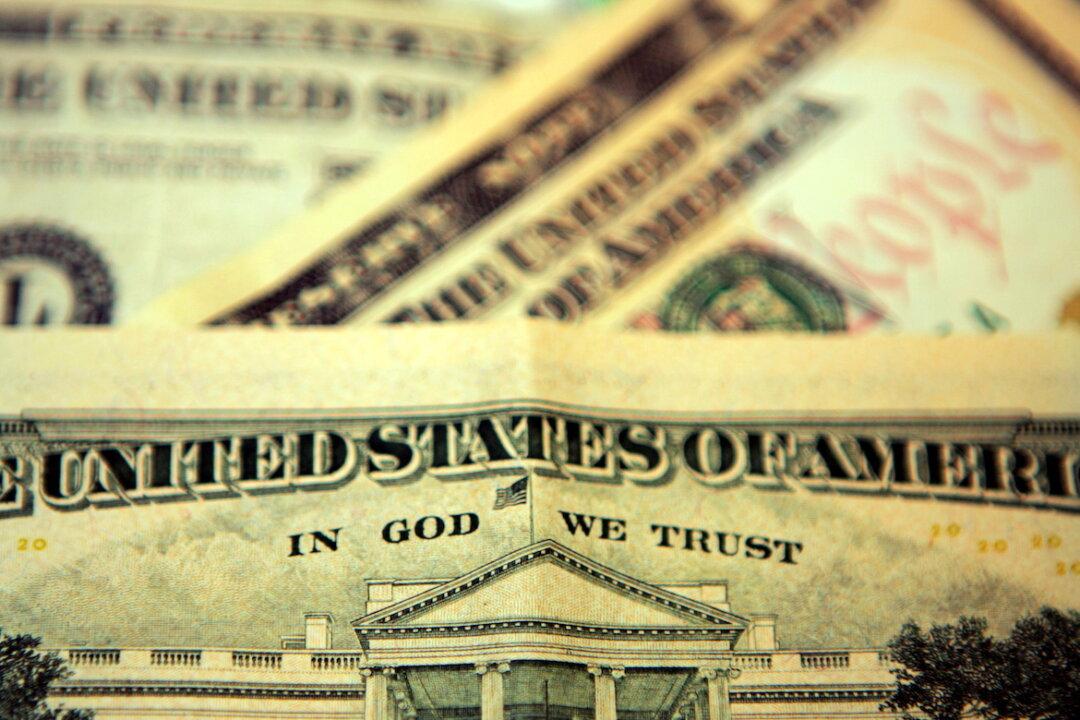Commentary
It’s “the ability to disregard fear.” That’s how the Oxford Dictionary defines courage. There are many things of which we’re fearful, and whether or not we face most of them is unimportant. Disregarding a fear of spiders to kill one doesn’t constitute courage. The Oxford Dictionary places the definition in context by further stating “the courage to act on one’s beliefs.” And in their beliefs is where Americans have faltered.





